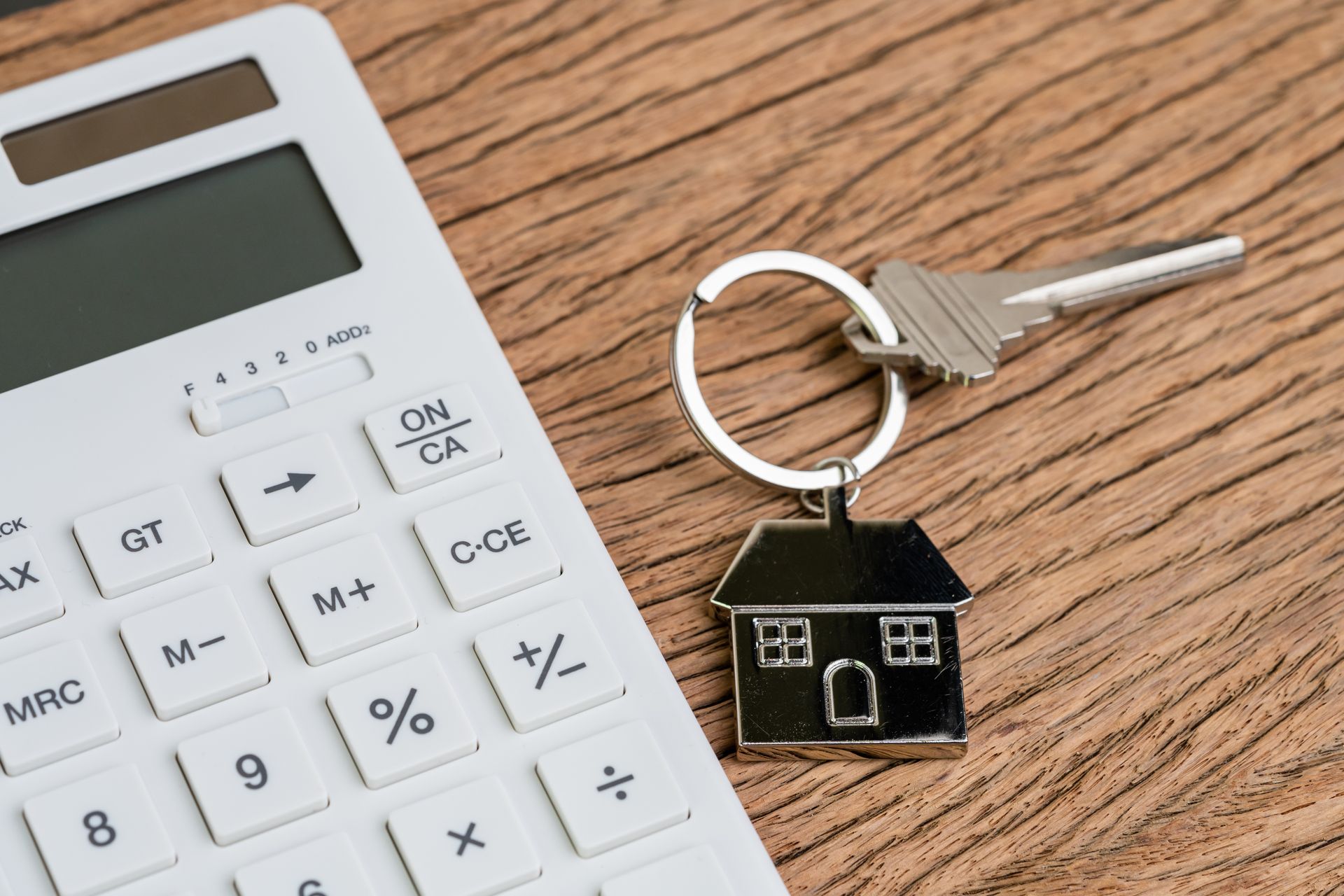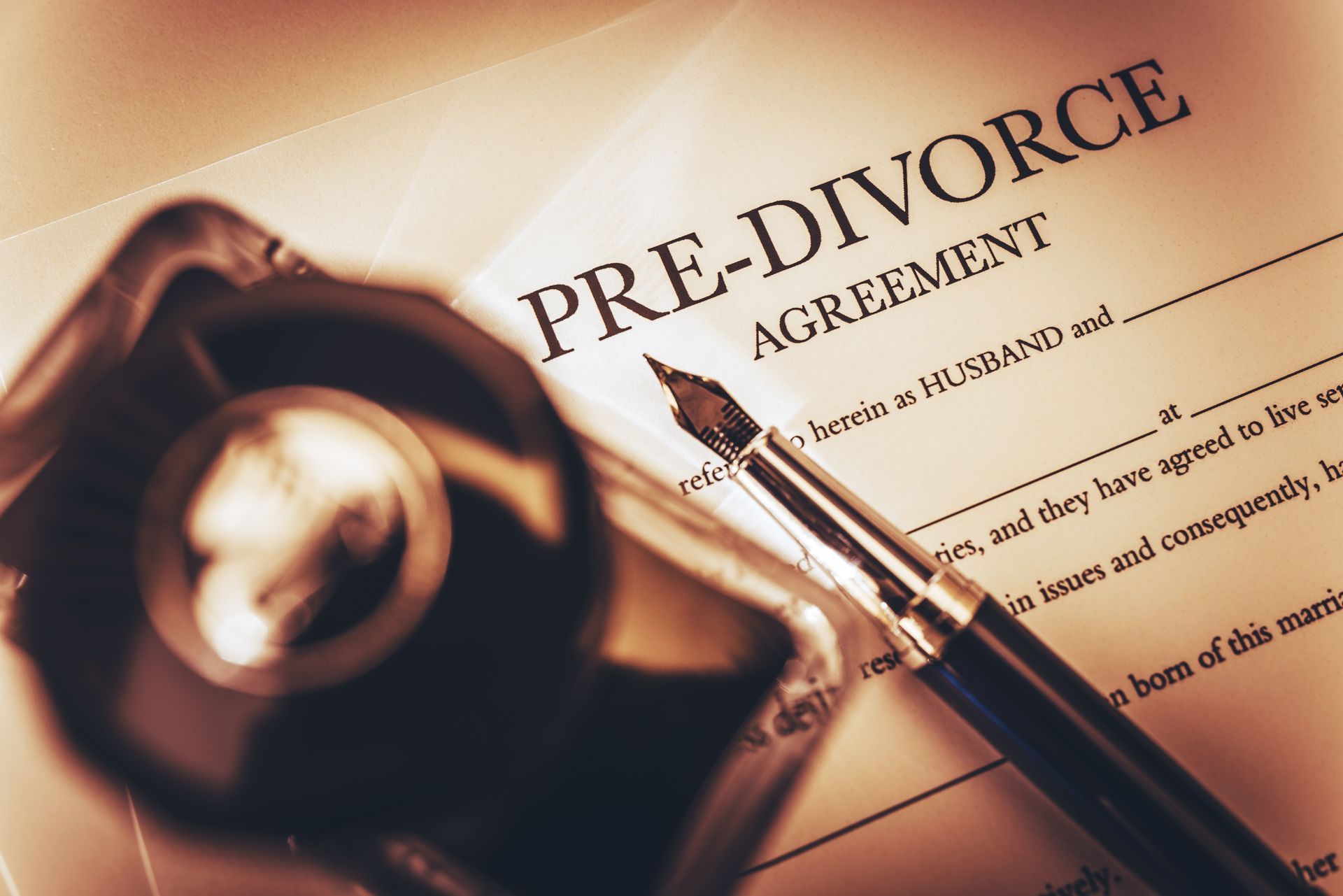Coping Mechanisms: Handling the Emotional Rollercoaster of Divorce

The end of a marriage or civil partnership is a significant change in our life circumstances, causing a range of emotions such as grief, loss, stress, and anxiety.
According to research, the experience of separation or divorce also comes with a higher risk of poor health outcomes, including a 23% higher mortality rate. While most people cope well and are resilient following separation, around 10–15% struggle substantially, experiencing adverse health problems such as high blood pressure, heart attacks, depression, and anxiety. Indeed, the same research also showed that separated individuals who tend to recount their experiences in a ‘blow-by-blow’ way rather than reconstruing their experiences to find meaning are at a higher risk of mood disorders.
In this article, we will look at the most effective coping mechanisms for handling the emotional turmoil of divorce, including dealing with grief and loss, managing stress and anxiety, seeking professional help, and practising self-care.
Dealing with the sense of grief and loss following divorce
For many, going through divorce or dissolution feels no different to grief or loss. One day, the person with whom you share your life is there, and the next, they are gone. While grieving the end of a marriage is a natural response, it is important to accept and process these feelings rather than suppress them. Grief is not only about mourning the loss of the relationship but also the dreams and future plans that you shared.
Understanding the stages of grief can help in navigating through the emotions of divorce. These stages include denial, anger, bargaining, depression, and acceptance. It is important to note that everyone experiences these stages differently and in their own time. There is absolutely no right or wrong way to grieve; what matters is recognising these emotions and giving yourself permission to feel them.
Expressing your emotions following divorce
For British people especially, while it may feel uncomfortable, expressing our emotions following divorce can be incredibly therapeutic. Whether it’s talking to a trusted friend, writing in a journal, or even crying, letting out your feelings can prevent them from getting buried and later causing even more harm.
If you don’t have someone to confide in about how you feel, consider speaking to a divorce counsellor who will help you to process the profound change you are experiencing. They understand the emotional and physical impact of divorce and will help you to understand and deal with how you feel.
Managing stress and anxiety
Divorce brings with it a plethora of new stressors, from legal proceedings to changes in living arrangements and financial worries. Any one of these can lead to overwhelming stress and anxiety, which can take a toll on your mental and physical health.
Mindfulness and meditation are excellent ways to calm the mind and reduce anxiety. Taking a few minutes each day to focus on your breath and be present in the moment will make a significant difference to your stress levels.
Exercise and physical activity of any sort is another powerful tool for managing stress. It can be tempting to avoid exercise and hide away from the world around you after divorce, but getting outside and moving will boost your endorphins, which are natural mood enhancers. Don’t overdo it, however. Whether it’s a brisk walk, a yoga session, or a workout at the gym, incorporating regular physical activity into your routine can help alleviate stress and improve your overall well-being.
Seeking professional help from therapists and support groups
Engaging in therapy can provide a safe space to explore your feelings and work through the pain of divorce. Cognitive-behavioural therapy (CBT) and other therapeutic approaches can be particularly effective in addressing negative thought patterns and fostering emotional resilience. Alternatively, you may wish to seek the help of a support group to connect with others who are going through similar experiences. Listening to the experiences of others going through similar life changes can be both comforting and empowering.
Self-care tips
Taking care of yourself following divorce or dissolution is key to maintaining your emotional well-being. Ultimately, self-care is about attending to your physical, emotional, and mental health needs.
You can do this by:
- Establishing a regular routine - Establishing a daily routine can provide a much-needed sense of stability and normality. After such a big change in your life, this will help you to feel more grounded. Having a structured day can help reduce feelings of chaos and uncertainty. Include activities that bring you joy and relaxation, such as reading, hobbies, or spending time with loved ones.
- Maintaining a healthy diet and sleep - Maintaining a healthy diet and ensuring adequate sleep are fundamental aspects of self-care. Stress and anxiety can often disrupt sleep patterns and eating habits. Aim for a balanced diet and create a bedtime routine that promotes restful sleep.
- Mindfulness - Incorporating mindful practices into your daily life can enhance your emotional well-being. Yoga, meditation, and deep breathing exercises can help centre your mind and reduce anxiety.
Final words
Understanding and processing your sense of grief and loss, managing stress and anxiety, seeking professional help, and practising self-care will bolster your emotional well-being following divorce. Don’t be afraid to ask for help, and take the time you need to heal. With the right coping mechanisms, you can navigate through this period and look forward to a much brighter future.
For a free consultation regarding your divorce or any other aspect of your separation, please call our understanding and caring family law team on 0208 300 6666.
About Us
KLR Solicitors is an award winning firm of solicitors specialising in Family, Matrimonial, Divorce, Children Act Proceedings, Financial Matters, Injunctions, Will Drafting, Wills Administration, Employment, Conveyancing and Immigration law.
Contact info
Areas we cover: London, Kent, Bexleyheath, Chislehurst, Sidcup, Erith, Dartford, Enfield, Crayford, Bexley, Welling, Thamesmead, Woolwich, Abbeywood, Edmonton, Cheshunt, Tottenham and other areas.














